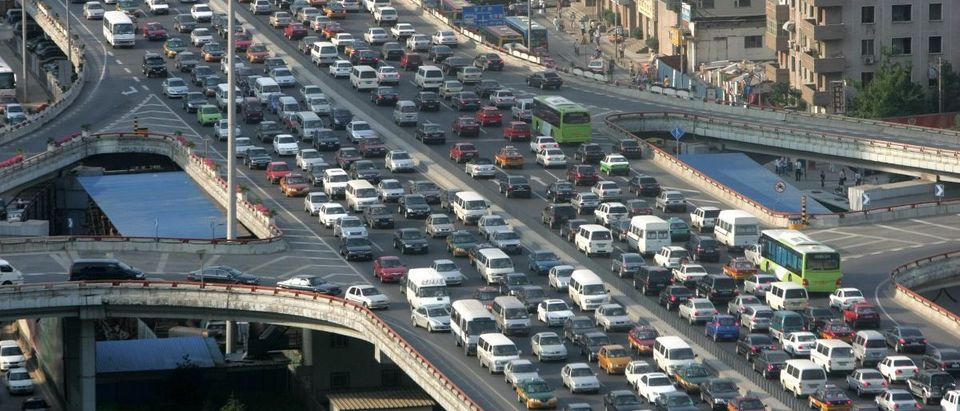Earlier this week, we celebrated a birthday for an extraordinary five-year-old – a superhero that protects our health, cuts pollution, and reduces our use of oil. So far, this five-year-old has prevented more than 140 million metric tons of climate-changing carbon pollution – the equivalent of one year’s worth of emissions from 30 million passenger cars. At the same time, it has saved Americans more than $46 billion in fuel costs – including $1.8 billion for New Yorkers.
We’re talking here about a federal policy – Clean Car Standards – which just turned five. This policy is the single most significant thing we have done in this country to tackle global warming to date. The benefits that this policy has delivered – and its potential to accomplish much more – are worth celebrating.
Unfortunately, however, the future of this program is at risk. Caving to pressure from industry, the Trump administration and Congress are now actively working to weaken the Clean Car Standards, which would endanger our health and safety while wasting oil and money.
Weakening these standards is a terrible idea. We need to do more to cut pollution, not less.
We need to cut pollution to protect our climate. The past three years were the warmest in our recorded history on Earth. We can see the effects of warming all across the country – from hotter heat waves; to more serious wildfires; to increasingly severe storms like Hurricanes Harvey, Irma, and Maria; to inexorably rising seas.
Cars and trucks are now the largest single source of climate-changing pollution in America. For instance, in New York, transportation makes up 41 percent of global warming emissions. To prevent global warming from worsening, we need to rapidly and dramatically cut tailpipe emissions. Clean Car Standards are one of the most important tools available to do that.
Cutting pollution from cars and trucks can also help clean our air. Our transportation system is a major reason why people living in 72 different metropolitan areas across America – including New York City – experienced at least 100 days with unhealthy levels of smog or soot pollution in 2015. Breathing these pollutants increases our risk of premature death, asthma attacks and other adverse health impacts.
Clean Car Standards enjoy widespread, bipartisan public support across the majority of the country. As many as 95 percent of Americans want automakers to keep making cars and trucks go further on a gallon of gas, and emit less pollution.
Keeping these standards as designed will prevent 6 billion metric tons of dangerous global warming pollution from being dumped into our atmosphere from 2012 through 2025, protecting our health and climate. That’s more than a year’s worth of emissions from all sources across the entire United States.
Last year, the Environmental Protection Agency, the California Air Resources Board and the National Highway Traffic and Safety Administration concluded that the auto industry can achieve the standards. In fact, companies are already making multiple vehicles that exceed requirements for 2025 – and at less cost than officials originally predicted.
The agencies also concluded that the benefits of the standards outweigh its costs by at least three-fold. A typical customer would save $1,650 over the lifetime of a vehicle that meets strong efficiency standards – not to mention the value of cleaner air and more energy security. Additionally, consumers who finance their vehicle with a 5-year loan would see payback of the up-front costs of the regulation within the first year, and net savings thereafter.
We need to ensure that our Clean Car Standards stay strong and stick around for their 10th birthday. Let’s stay the course, and put cars that burn too much gasoline in the rear-view mirror.
Heather Leibowitz, Esq. is the Director of Environment New York, a statewide environmental advocacy organization.


